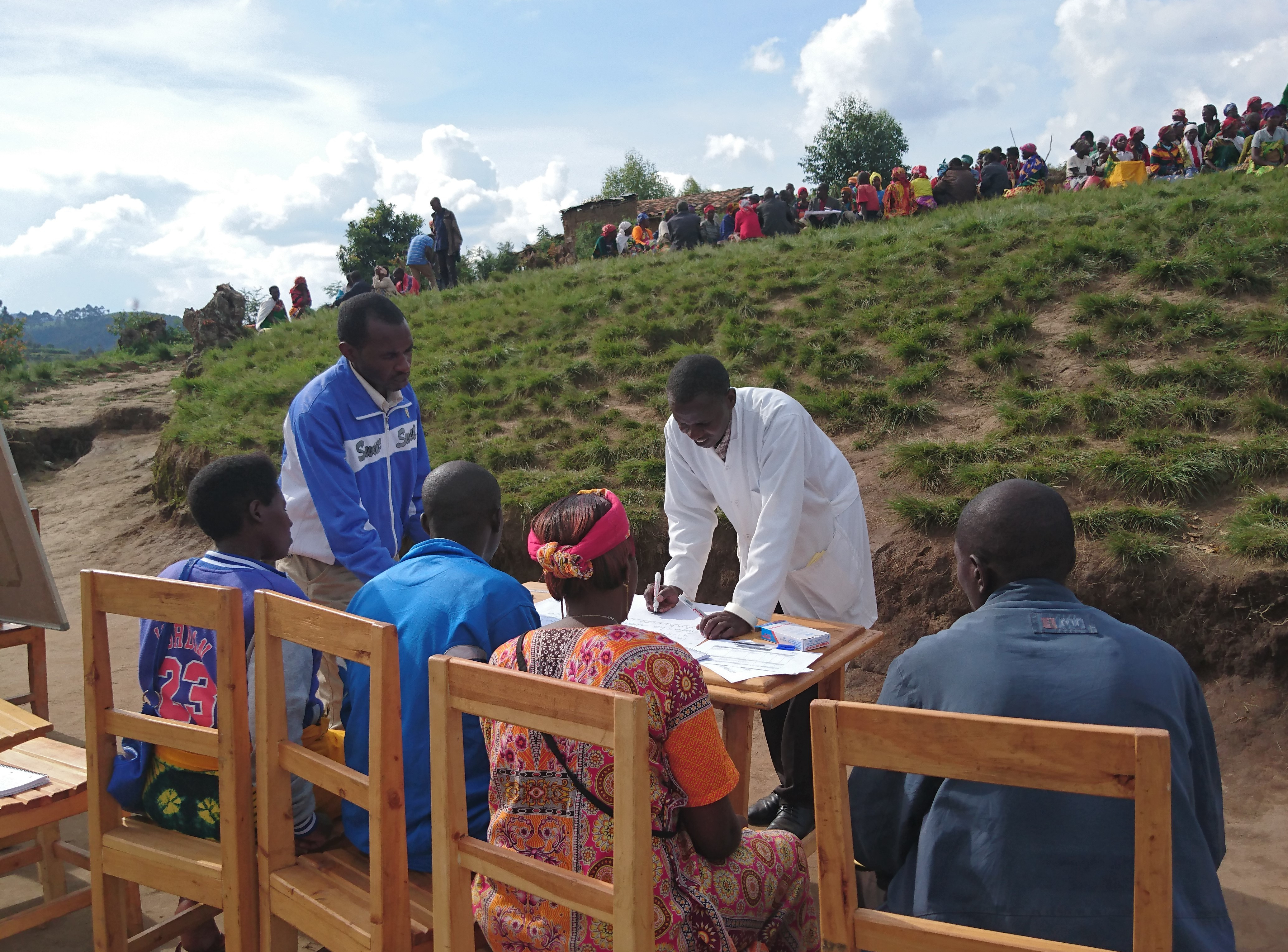Link introduced its innovative School Performance Review work to Rwanda for the first time in 2018. As part of the Rwandan Girls’ Education Advancement 2 Project led by Health Poverty Action, with funding from the UK Department for International Development’s Girls Education Challenge, we set up Community Study Groups for girls and used our school review process to support schools to develop evidence-based School Improvement Plans.
Through developing data collection tools with the Rwanda Education Board of the Ministry of Education, building capacity of district education staff, and collecting three rounds of school performance data in the project’s schools, Link was able to share results with parents and the wider school community who then developed and implemented evidence-based school improvement plans. The initial results looked promising – at the beginning of the project, only 40% of the schools were meeting minimum standards for students’ learning outcomes, however, towards the end of the project a year and a half later, 80% of the schools were achieving this standard.
Unfortunately, due to the spread of the COVID-19 virus and the closure of schools in Rwanda, the planned final evaluation of the project was cancelled as it was impossible to find alternative ways to safely conduct it. Confronted by this challenge to our evaluation and learning processes, we considered other ways to document and reflect on Link’s first project in Rwanda and share this within the organisation.
After developing a report, project staff planned a short learning webinar to present the findings that were available and hold a short question and answer session with Link staff and advisors and explore implications for Link’s work elsewhere. Given the comfort with conducting virtual meetings recently, we knew this could be a positive and interactive way of bringing the organisation together to share experiences and learn collaboratively.
The webinar was attended by staff from different countries across our global family and sparked insightful questions from colleagues wanting to learn about the study group resources developed, the lessons from applying the model, and how the School Performance Review cycle had worked as a sustainable process within Rwanda’s education system. It was a fantastic opportunity to compare approaches across different Link projects and for teams to learn directly from one another.
In Rwanda, district education staff took the initiative to use our school review process in eight further schools. In addition, Link was approached by Rwanda’s Ministry of Education and UNICEF to support the development of a new inspection framework that includes learning from this project.
While we regret it was not possible to explore the wider results of this project, the opportunity to reflect on the available information and to capitalise on our new confidence with digital tools proved a valuable way to conclude this project for Link. We hope this example encourages other organisations to consider alternative ways to reflect and learn during this pandemic.


